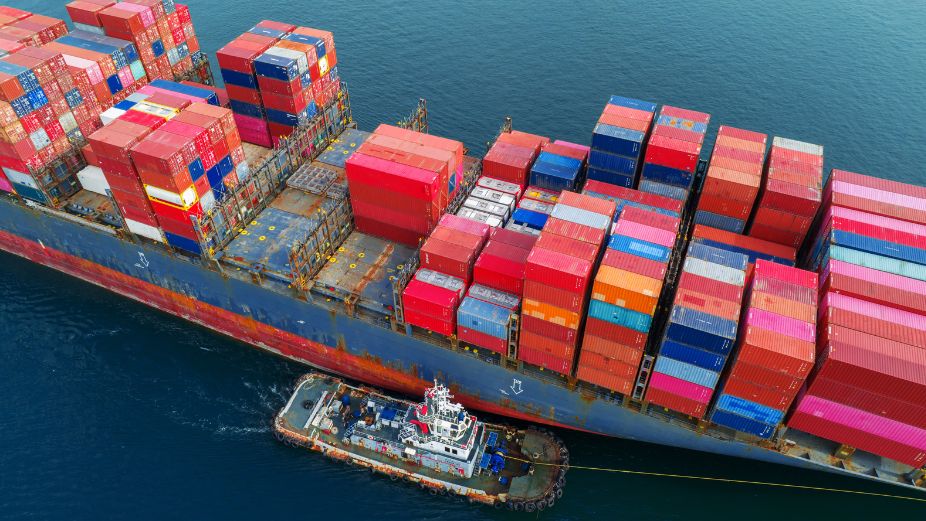
Maldives’ trade figures for July 2025 show a widening gap between imports and exports, reflecting the country’s heavy dependence on foreign goods and fuel. According to customs data, total imports reached MVR 4.5 billion, while exports stood at just MVR 210 million.
Fuel remained the largest import category, valued at MVR 923 million, underscoring the central role of energy in sustaining the economy. Food items followed at MVR 859 million, highlighting the country’s reliance on external markets to meet its basic consumption needs. Other notable import categories included base metals (MVR 380 million), chemical products (MVR 308 million) and mineral products (MVR 241 million).
On the export side, fisheries continued to dominate. Frozen skipjack tuna brought in MVR 126 million, accounting for more than half of total export earnings. Prepared or preserved skipjack tuna contributed MVR 43 million, while yellowfin tuna in various forms added smaller amounts. Exports of fish by-products, such as flours and meals unfit for human consumption, amounted to MVR 5 million.
Trade relationships with regional partners remained steady. China and India were the Maldives’ leading import sources, contributing MVR 712 million and MVR 704 million respectively. The United Arab Emirates followed closely at MVR 622 million, with Oman and Singapore also ranking among the top five suppliers.
Thailand remained the Maldives’ single largest export destination, purchasing 53 percent of outbound goods valued at MVR 111 million. The United Kingdom accounted for 18 percent at MVR 38 million, with Mauritius, France and Vietnam also featuring among key destinations for Maldivian exports.
In terms of customs activity, MVR 295 million in revenue was collected, alongside MVR 1 million in royalties. Vessel movements showed a mixed picture: 105 vessels arrived in Maldivian ports compared with 97 during the same month in 2024, while departures fell to 96 from 118 last year. The number of declarations processed rose slightly to 21,919, reflecting steady trade flows despite global economic uncertainties.
The July figures reinforce the structural trade imbalance faced by the Maldives, where imports of essential goods and fuel significantly outweigh export earnings from fisheries. The data further highlights the need for continued efforts to diversify the export base and reduce vulnerability to external supply shocks.











